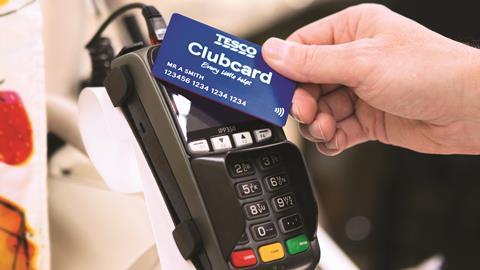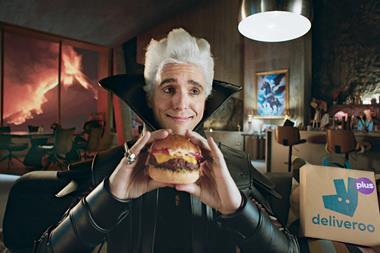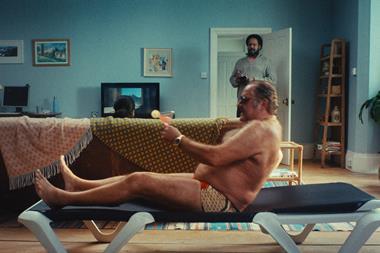Who hit the Christmas jackpot? The short answer is the discounters, and in particular, Lidl – proof of how limited the impact of its underwhelming festive ad was, while Aldi lagged, somewhat surprisingly given the boost from new stores and despite the best efforts of Kevin the Carrot & co.
But there’s more nuance needed, with M&S, Sainsbury’s and Tesco all maintaining momentum into the final quarter, so we’ve examined the trading results in detail, as well as reviewing the share price performance of the leading listed retail and fmcg players.
Now attention turns to the new year, a time of sobriety, belt-tightening… and more food price inflation. This year looks no exception, though the inevitable decline in promotions is not expected to be as steep as in previous years as brands, after some early success over Christmas, seek to recover further volumes lost in the aftermath of all the cost price increases.
Still it speaks volumes that Tesco’s big announcement is the return of double Clubcard points for the first time in 10 years.
Tesco has evolved its loyalty card out of all recognition, and you would be forgiven for thinking that points no longer win prizes, as it met the need for instant wins with money-off discounts at the checkout. But those points have always been in the back of people’s minds, and at this miserable time of year, it’s a clever move, offering valuable experiential currency, whether that’s a discounted trip to the zoo, tickets to the cinema, flights and cruises – even a restaurant table. It also draws attention away from continued inflation, the lack of significant new pricing initiatives and lower deal levels.
In short, Tesco has most of its bases covered. And the biggest activity comes from its rivals, which continue to copy its moves: from Asda’s new price match scheme to Aldi’s plans to launch a retail media arm.
With Asda also launching a Fab Five initiative straight out of the Aldi playbook, it shows how nip and tuck it all is – and how fine the margins between success and failure.

























No comments yet